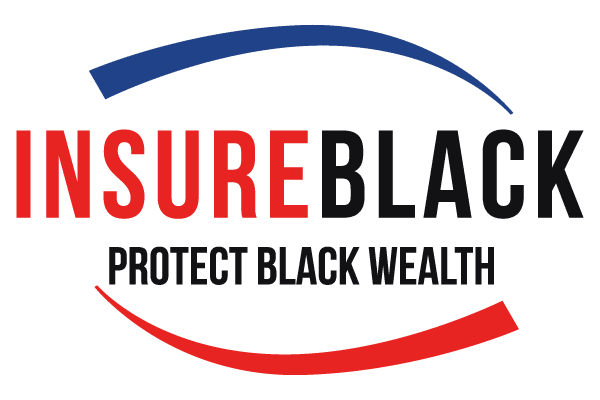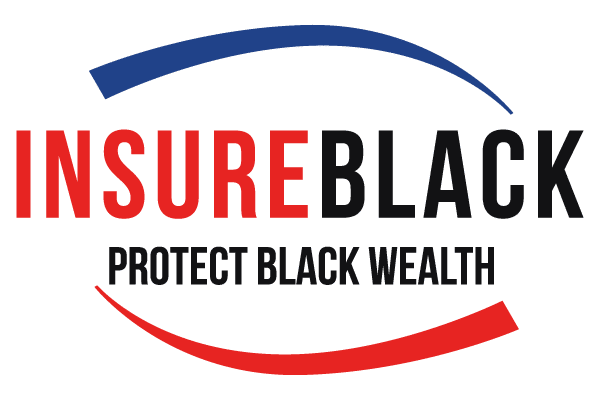A 2018 Brookings study found that owner-occupied homes in Black neighborhoods were undervalued by $48,000 per home on average, resulting in $156 billion in total losses. In a country where wealth is inextricably linked to homeownership, that’s a death blow. According to the National Association of Realtors (NAR), homeownership is the largest source of wealth in this country. In fact, the median value of a primary residence is worth roughly ten times the median value of all financial assets held by families. The issue with living in a Black neighborhood, however, is that home values simply don’t keep up or in many cases, they actually fall.
The mortgage crisis of the 2000’s decimated the wealth of Black families. As the housing market began to recover, however, it was clear that the recovery was racial. A 2016 analysis of home data from Black Knight Financial Services showed that across the 300 largest metropolitan areas, homes in 4 out of 10 zip codes where Blacks were the majority were worth less than they were in 2004. Across the Atlanta area, almost 9 in 10 majority-Black zip codes still had home values below where they were 12 years prior. Skyrocketing home values during the pandemic didn’t necessarily fix the problem.
The Washington Post featured the story of a Black couple, Kym and Steve Taylor, in March of 2022. At the height of the real estate market in 2021, the couple’s Prince George’s County home appraised for $1.15 million– $300,000 less than they purchased it for in 2015. Prince George’s County is one of the wealthiest majority-Black counties in the country. Still, even in the midst of a historic, pandemic-induced price surge and after eclipsing the $1 million mark, values in these communities simply don’t appreciate in the same way. For many, like the Taylors, the values actually declined. How do you possibly build wealth when your color literally excludes you from building equity?
For all the advantages of living in a Black neighborhood, this harsh reality persists. The answer can’t be a mass exodus to white neighborhoods. Even if such a thing did happen, the data is clear that “white flight” would ensue and the cycle would start all over. Various strategies would help– diversifying the field of appraisers and a renewed focus by Black people on investing within the community are two examples – but the issue has no silver bullet. In the meantime, Black people must use this inequity to their advantage. Lower housing values also means, in theory, Black people who choose Black neighborhoods save on purchase price and thus have more cash to invest in businesses and other assets. You could stretch your budget to live in non-Black neighborhoods or take those savings and build.


